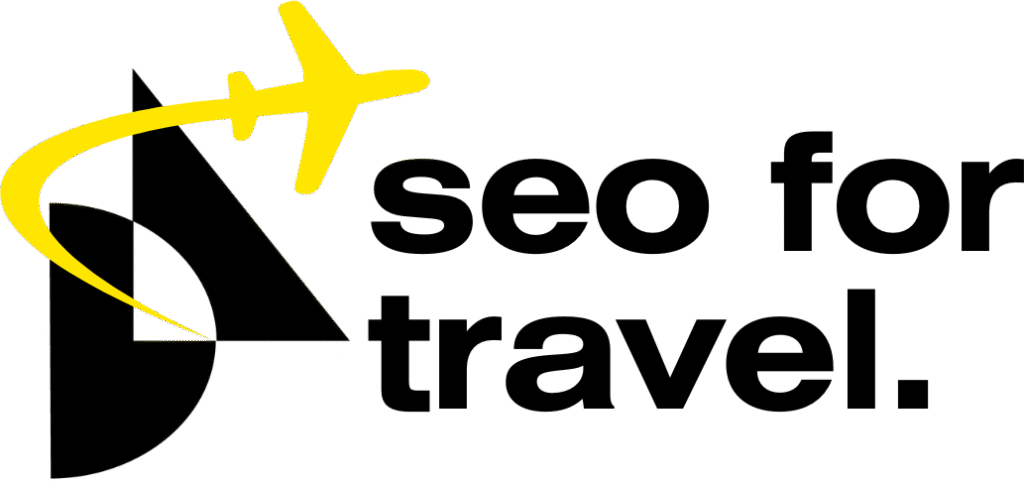The Strategic Edge of Technical SEO for Travel Websites

In the bustling digital marketplace, travel companies must ensure their websites are not only visually appealing but also technically sound. A well-optimised website enhances user experience, boosts search engine rankings, and ultimately drives bookings. At SEO For Travel, we specialise in providing comprehensive technical SEO services tailored to the unique needs of the travel industry.
Optimising Website Speed
Website speed is a critical factor in both user experience and search engine rankings. Slow-loading pages can lead to high bounce rates and lost revenue opportunities. For instance, the average Google PageSpeed Score in the hotel industry is just 47 for mobile and 52 for desktop, which is considered “poor” by Google. Users across the world expect sites to load in just 2 to 3 seconds, but hotel websites are taking 10, 20, or even 30 seconds to load, leading to large waves of users abandoning the sites and choosing to book somewhere else. Google is more likely to rank a fast website over a slow one, meaning more people will visit your website for free through organic traffic. Faster websites also see lower bounce rates, higher average time spent on the site for each user, and higher conversion rates.
Ensuring Mobile Compatibility
With a significant number of users accessing travel websites via mobile devices, having a mobile-friendly site is essential. A responsive design ensures that your website adapts seamlessly to various screen sizes, providing an optimal browsing experience. This not only enhances user satisfaction but also positively impacts your site’s SEO performance.
Implementing Secure Sockets Layer (SSL)
Security is paramount, especially when handling sensitive customer information. Implementing HTTPS through an SSL certificate encrypts data exchanged between the user’s browser and your server, fostering trust and protecting against cyber threats. Moreover, Google considers HTTPS as a ranking factor, so securing your site can lead to improved search engine rankings.
Utilising Structured Data Markup
Structured data markup, such as schema.org, helps search engines understand the content of your website more effectively. For travel websites, implementing structured data can enhance search engine results by displaying rich snippets, such as star ratings, pricing, and availability. This not only improves visibility but also increases click-through rates, driving more traffic to your site.
Creating and Submitting XML Sitemaps
An XML sitemap acts as a roadmap for search engines, guiding them to all the important pages on your website. Submitting an updated sitemap to search engines ensures that your content is crawled and indexed efficiently, improving your site’s visibility in search results.
At SEO For Travel, we understand the intricacies of technical SEO and its impact on the success of travel websites. Our team offers specialised services to enhance your website’s technical performance, ensuring it meets the highest standards of speed, security, and user experience. By partnering with us, you can navigate the complexities of technical SEO with confidence, positioning your travel business for sustained online success.

